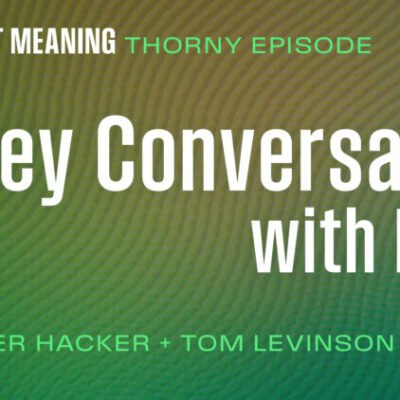TikTok is shutting down its “TikTok Lite” rewards program in Europe, after the EU Commission launched an investigation into the specifications of the initiative, which offered cash incentives for in-app activity.
Back in April, the EU Commission called on TikTok to provide more information on the make-up of the TikTok Lite program, which allocated rewards points to users based on actions undertaken in the app.

As you can see in this example, the explainers here (in French) inform users that they can earn points by discovering and liking videos in the app.
TikTok had launched the program in France and Spain on a limited basis, before it got the attention of EU officials, who raised concerns that the scheme may violate the DSA.
TikTok then suspended the program shortly after, and has now committed to scrapping the initiative entirely, in order to avoid penalties.
As per the EU Commission:
“Today, the Commission has made TikTok’s commitments to permanently withdraw TikTok Lite Rewards programme from the EU binding. These commitments have been submitted by TikTok to address the concerns raised by the Commission in the formal proceedings opened against TikTok on 22 April and ensure compliance with the Digital Services Act (DSA).”
The Commission’s core concern about the program was that it could contribute to app addiction, especially among younger users, by incentivizing them to use TikTok more often. As such, any program that could increase systemic risk is required to be submitted to EU officials for assessment before implementation.
Because TikTok failed to do so, it potentially faced fines of up to 6% of a company’s global revenue if the Commission found it to be in violation of the DSA.
Rather than take that risk, TikTok has opted to end the program entirely, which will effectively close the Commission’s investigation into the matter.
“Today’s decision makes these commitments legally binding, meaning that any breach of the commitments would immediately amount to a breach of the DSA and could therefore lead to fines. With this decision, the Commission is also closing the formal proceedings opened against TikTok on 22 April.”
That also means that TikTok can’t operate any similar schemes without approval from the Commission.
It’s a significant win for the Commission, in policing social media practices, and ensuring greater protections for EU users. The investigation provides a framework for how the DSA process will operate, with the threat of significant fines likely acting as a strong enough disincentive to limit such programs, which EU officials believe could lead to harm.
Which is good for EU users, though it could also stifle innovation to some degree for the platforms themselves.
Or it’ll ensure greater accountability and transparency in such process, which, at least in theory, should lead to better outcomes across the board.



